We all write poems; it is simply that poets are the ones who write in words
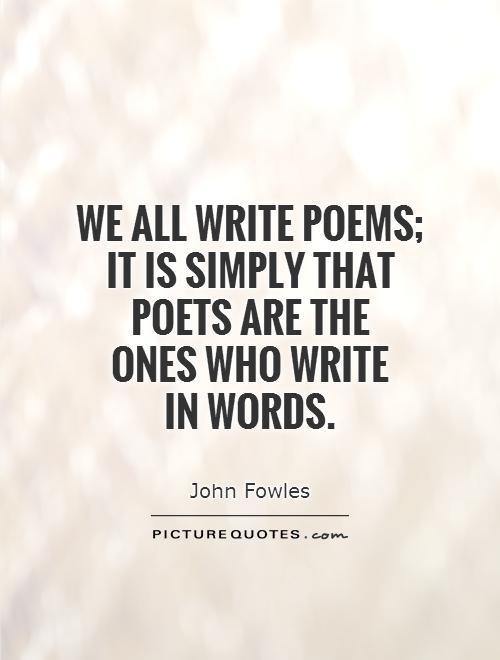
We all write poems; it is simply that poets are the ones who write in words
John Fowles, the renowned English novelist and essayist, once said, “We all write poems; it is simply that poets are the ones who write in words.” This statement encapsulates the idea that poetry is not limited to the written word, but rather encompasses all forms of creative expression. Fowles believed that poetry could be found in everyday life, in the beauty of nature, in the emotions we experience, and in the art we create.Fowles himself was a master of words, known for his intricate prose and vivid imagery. His novels, such as "The Magus" and "The French Lieutenant's Woman," are filled with poetic language and deep philosophical insights. Fowles understood the power of words to evoke emotion, to challenge the status quo, and to inspire change.
In the context of Fowles' words, it is clear that poetry is not limited to the traditional forms of verse and rhyme. Poetry can be found in music, in visual art, in dance, and in the spoken word. It is a universal language that transcends cultural boundaries and connects us to our shared humanity.
Fowles believed that poets have a unique ability to capture the essence of the human experience and to distill it into words. Poets are the ones who have the courage to explore the depths of their own souls and to share their insights with the world. They have the power to inspire, to provoke thought, and to challenge our perceptions of reality.
Fowles' words remind us that we all have the capacity to be poets in our own right. We can find poetry in the everyday moments of our lives, in the beauty of a sunset, in the laughter of a child, in the tears of a loved one. We can use our creativity to express our deepest thoughts and emotions, to connect with others on a profound level, and to make a lasting impact on the world around us.
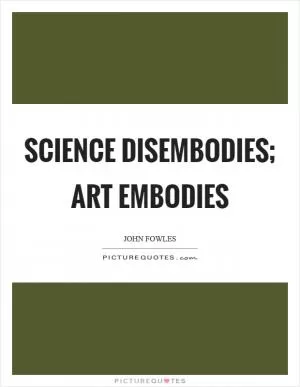
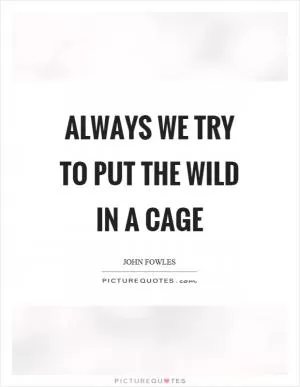
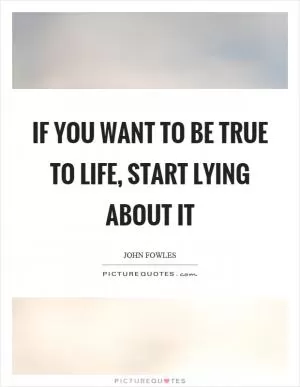
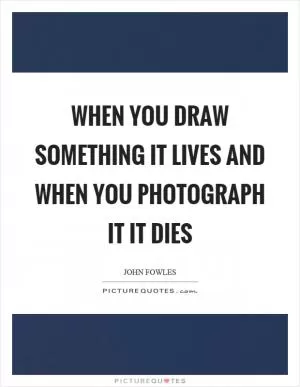
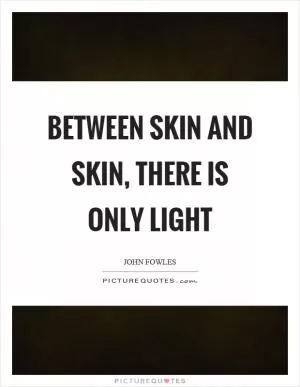
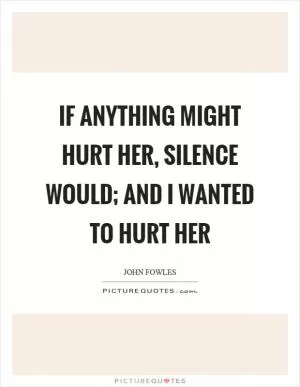
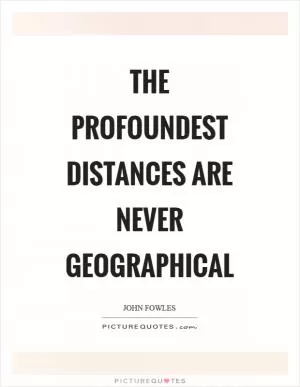

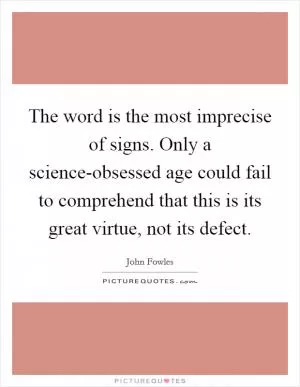
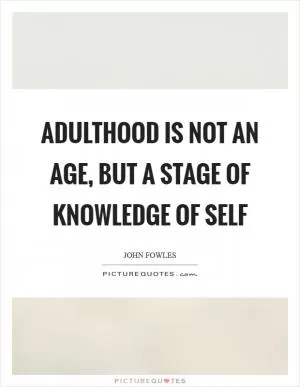
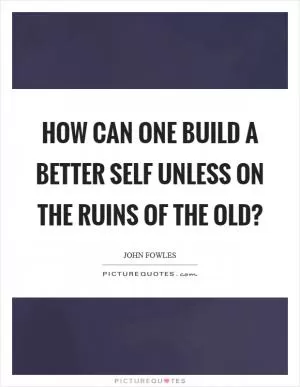
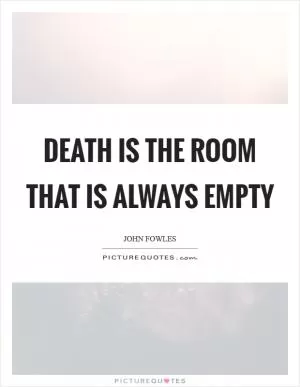
 Friendship Quotes
Friendship Quotes Love Quotes
Love Quotes Life Quotes
Life Quotes Funny Quotes
Funny Quotes Motivational Quotes
Motivational Quotes Inspirational Quotes
Inspirational Quotes